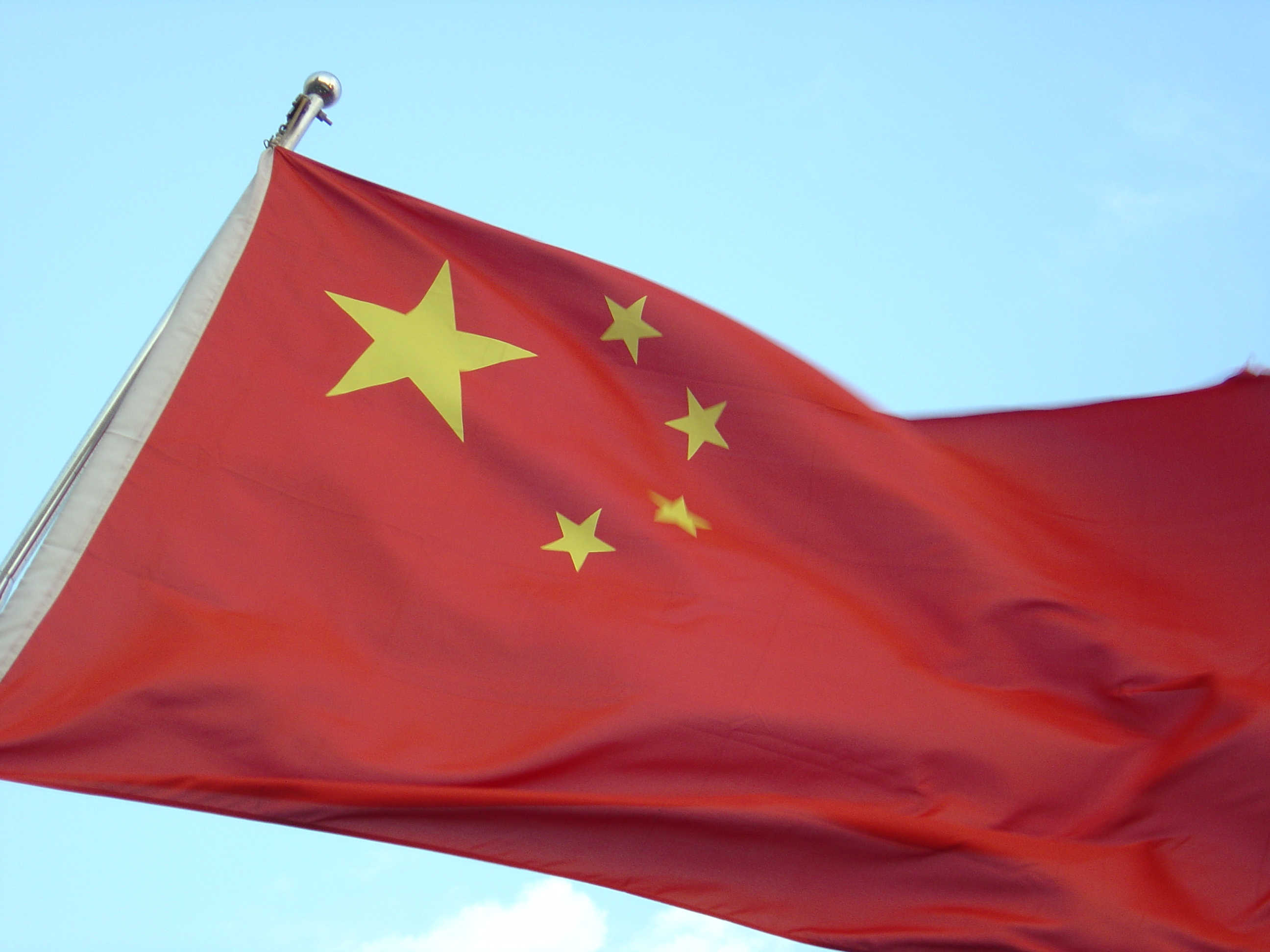
June 22, 2013, by Tony Hong
Is China Ready for a China-style World Order?
By Dr. Xiaoling Zhang,
Head of Contemporary Chinese Studies at the University of Nottingham Ningbo China.
Associate Professor in Chinese Studies at the University of Nottingham.
Scholars and observers of China alike have noticed that with an increased sense of confidence, pride and ambition derived from its growing economic power, China is shifting away from the low profile approach in its foreign policies introduced by Deng Xiaoping in the early reform period to becoming more assertive as its interests and capabilities grow. Accompanying the shift discussions for a Chinese-style world order are also emerging. Many Chinese public intellectuals have published books and articles describing China’s future as the world’s future. For instance, In 2030 China Hu Angang, one of the most influential public intellectuals in China, concludes that China will create a Sino-centric world order to establish the World of Great Harmony, which is not only ‘China’s dream,’ but is also the ‘world’s dream’.
China’s political leaders have also been presenting Chinese visions of future world order. In September 2005, Hu Jintao introduced ‘a harmonious world’ as a new way of thinking about global politics at the podium of the UN General Assembly. This harmonious world, Hu explained, is different from the current west-dominated world order, and to challenge this existing world order, China needed not only to increase its level of ‘dealing with the international situation and international affairs,’ but also ‘to have more influential power in politics’.
The question to ask then is: what does harmony exactly mean in this Chinese-style world order? Answer to this question will help us understand how China intends to reshape the contours of the international system; it will also throw light on whether China is ready for the new world order.
An examination of major state media discourses (Xinhua, CCTV and China Daily) which play the role of conveying China’s ideas, culture and current polices to the international media public shows that harmony, the core value that China is trying to promote, is understood to be the peaceful co-existence of different cultures, values and systems. That is to say, the main goal of a harmonious world advocated by Hu Jintao is not to share culture or values globally, but to allow different systems to co-exist peacefully. This holds much attraction for those distant developing countries in Africa and Latin America, especially those alienated by the American policies or marginalized by the existing international system.
The examination also shows that Chinese official media not only aims to guide global views of China but also attempts to create a discourse on international affairs as an alternative to a ‘Western discourse’. It shows a China that no longer chooses to work with the current world order that is believed to be biased in favor of the West. It wants a fundamental change in the global order.
Challenges for the international systems in China’s state media discourse indicate that a more assertive China is emerging. However, the state media discourse contains only condemnation of the West and the West-led international system. What is obviously absent is the alternative discourse that China can offer to the world, except that the current international system should allow the co-existence of different systems. In other words, China is trying to build up its challenging power, but no substantial content can be found from the discourse of its mouthpieces as an alternative to the West. This absence of a clear discourse on a new world order indicates that China may be verbally assertive and sometimes become harsh in its condemnation and criticism of the West and the USA, however, it is not more than a way of pushbacks.
China’s rapid rise means it has to deal with a whole set of questions and external demands it has never experienced before. It means although there seems to be domestic agreement at present that China plays a more confident role, China, a global power and a developing country at the same time, is still trying to find its way as a great power in the international system which is itself changing fast.
No comments yet, fill out a comment to be the first

Leave a Reply